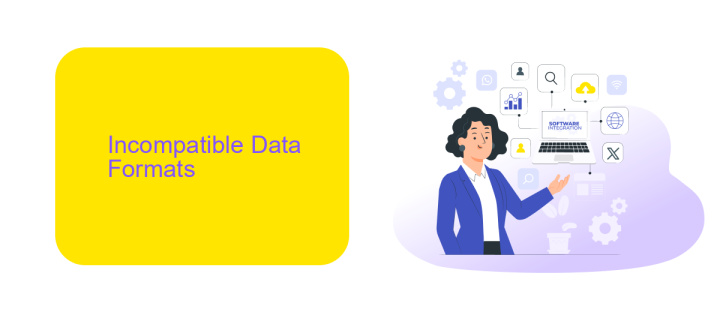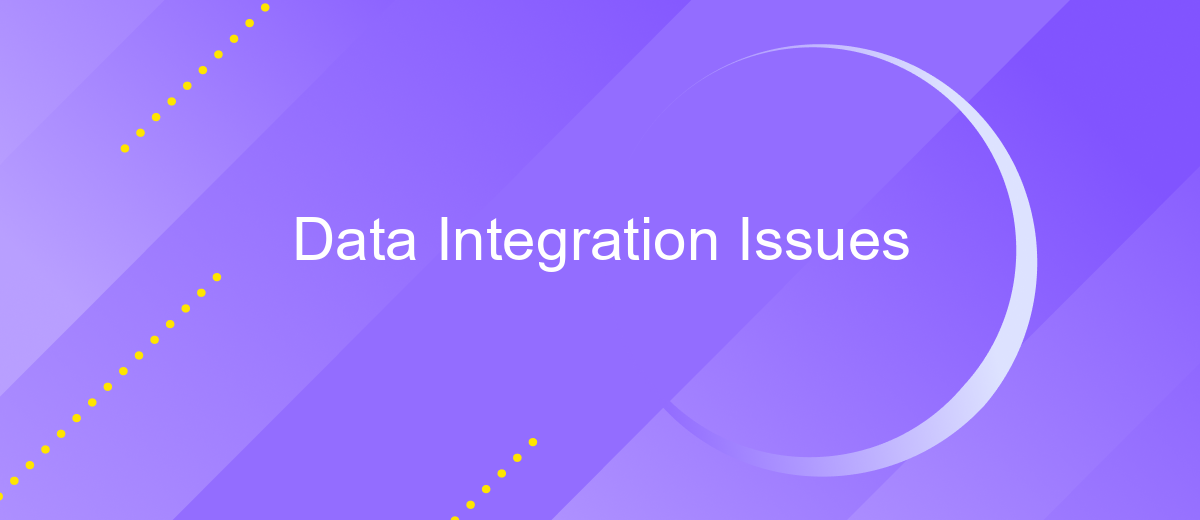Data Integration Issues
Data integration is a critical process for organizations aiming to leverage their diverse data sources effectively. However, it comes with its own set of challenges, including data inconsistency, integration complexity, and security concerns. Addressing these issues is essential for ensuring accurate, reliable, and actionable insights, which are crucial for informed decision-making and competitive advantage in today’s data-driven world.
Data Quality Problems
Data quality problems are a common challenge in data integration processes. Ensuring that data remains accurate, consistent, and reliable as it flows between systems is critical for making informed decisions and maintaining operational efficiency.
- Inconsistent Data Formats: Different systems often use various data formats, leading to inconsistencies that require normalization.
- Duplicate Records: Multiple entries for the same entity can cause confusion and errors in data analysis.
- Missing Data: Incomplete data sets can lead to inaccurate insights and decisions.
- Outdated Information: Data that is not regularly updated can become obsolete, affecting the quality of analytics.
Addressing these issues often involves implementing robust data validation and cleansing mechanisms. Tools like ApiX-Drive can automate many aspects of data integration, ensuring that data is synchronized accurately across platforms. By leveraging such services, organizations can significantly reduce data quality problems, leading to more reliable and actionable insights.
Incompatible Data Formats

One of the primary challenges in data integration is the presence of incompatible data formats. Different systems often store data in various formats, ranging from JSON and XML to CSV and proprietary database formats. This diversity makes it difficult to seamlessly integrate data from multiple sources, leading to potential data loss, inconsistencies, and errors during the integration process.
To address this issue, organizations can utilize integration services like ApiX-Drive. ApiX-Drive offers a robust platform that facilitates the conversion and synchronization of data between disparate systems. By providing a wide range of connectors and transformation tools, ApiX-Drive helps ensure that data is accurately mapped and transferred, regardless of the original format. This not only streamlines the integration process but also enhances data consistency and reliability across different platforms.
Lack of Data Governance

Lack of data governance is a critical issue in data integration, often leading to inconsistent data quality and compliance problems. Without a clear governance framework, organizations struggle to maintain data integrity, accuracy, and accessibility, which are vital for informed decision-making.
Key challenges associated with lack of data governance include:
- Data Inconsistency: Different departments may use varied formats and standards, causing discrepancies.
- Security Risks: Inadequate governance can lead to unauthorized access and data breaches.
- Compliance Issues: Failure to adhere to regulatory requirements can result in legal consequences.
- Poor Data Quality: Without governance, data may become outdated, duplicated, or erroneous.
Implementing robust data governance practices is essential for successful data integration. Tools like ApiX-Drive can facilitate seamless integration by automating data flows and ensuring consistent data handling across systems. This not only enhances data quality but also minimizes security risks and compliance issues, providing a reliable foundation for business operations.
Technical Challenges

Data integration poses several technical challenges that organizations must address to ensure seamless data flow across systems. One of the primary issues is data inconsistency, which occurs when data from different sources do not align correctly. This can lead to erroneous insights and decision-making.
Another significant challenge is data security. Integrating data from multiple sources increases the risk of data breaches and unauthorized access. Ensuring that data is encrypted and securely transmitted is crucial to maintaining data integrity and confidentiality.
- Data inconsistency
- Data security
- Scalability issues
- Real-time data processing
Tools like ApiX-Drive can help mitigate these challenges by providing a platform for seamless data integration. ApiX-Drive offers automated data transfer between various systems, ensuring data consistency and security. Additionally, its scalable architecture supports real-time data processing, making it an invaluable tool for modern data integration needs.
Business Process Integration Issues
Business process integration is crucial for ensuring seamless operations across various departments within an organization. One of the primary issues faced in this domain is the lack of standardized procedures and protocols. Without a unified approach, different departments may use disparate systems that do not communicate effectively, leading to inefficiencies and data silos. This fragmentation can result in delays, errors, and increased operational costs, ultimately affecting the overall performance of the business.
Another significant challenge is the integration of legacy systems with modern applications. Many organizations still rely on outdated software that lacks the compatibility required for smooth integration. This is where services like ApiX-Drive come into play. ApiX-Drive offers a versatile platform that facilitates the integration of various business applications, enabling seamless data flow and automation. By utilizing such services, businesses can bridge the gap between old and new systems, ensuring a cohesive and efficient workflow. However, it is essential to carefully plan and manage these integrations to avoid potential pitfalls and ensure long-term success.
FAQ
What are the common challenges faced in data integration?
How can data integration be simplified?
Why is data quality important in data integration?
What are the best practices for data integration?
How can ApiX-Drive help in data integration?
Apix-Drive is a universal tool that will quickly streamline any workflow, freeing you from routine and possible financial losses. Try ApiX-Drive in action and see how useful it is for you personally. In the meantime, when you are setting up connections between systems, think about where you are investing your free time, because now you will have much more of it.

